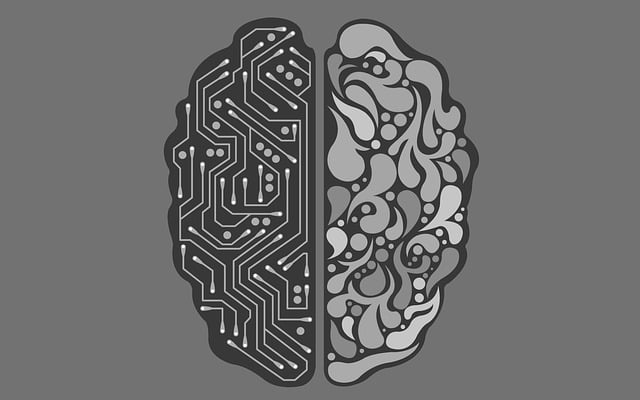How AI is impacting TEFL
AI has been dominating feeds everywhere with the rise of ChatGPT being the first recognizable consumer grade AI to attain heavy influencer status. From writing essays to helping you buy cheap car insurance, ChatGPT promises to be ubiquitous. AI is also playing an increasingly significant role in English language teaching (ELT) by revolutionizing various aspects of the learning process. Here are several ways in which AI is making a difference in ELT:
1. Intelligent Tutoring Systems: AI-powered intelligent tutoring systems offer personalized and adaptive learning experiences to students. These systems use natural language processing (NLP) algorithms to analyze student responses, provide immediate feedback, and tailor instructional content based on individual needs. Intelligent tutoring systems can simulate conversations, offer grammar and vocabulary exercises, and even generate custom lessons based on a student’s proficiency level.
2. Language Assessment and Feedback: AI has improved language assessment by automating the grading and feedback process. AI algorithms can evaluate written or spoken responses, analyzing grammar, vocabulary, pronunciation, and other linguistic features. This enables students to receive instant feedback, highlighting areas for improvement and offering suggestions for further study.
3. Virtual Language Assistants: AI-powered virtual language assistants, such as chatbots or voice assistants, are becoming popular tools for language learners. These assistants can engage in conversations, answer questions, provide explanations, and offer language practice opportunities. They leverage AI technologies, including speech recognition, machine learning, and NLP, to understand and respond to learners’ queries, making language learning more interactive and accessible.

4. Language Learning Applications: AI-based language learning applications, such as Duolingo or Babbel, utilize adaptive algorithms to create personalized learning paths. They track learners’ progress, identify areas of weakness, and adjust the difficulty level accordingly. These applications employ AI techniques like reinforcement learning and data-driven approaches to optimize language learning experiences.
5. Language Generation and Translation: AI-driven language generation and translation tools have made significant advancements. They can generate coherent sentences, paragraphs, or even whole texts, assisting students in developing writing skills. AI translation tools facilitate understanding and communication by providing quick and accurate translations between languages, aiding learners in overcoming language barriers.
6. Data Analytics and Learning Analytics: AI algorithms can process vast amounts of learner data to generate insights and recommendations for educators. Learning analytics can help identify common errors, learning patterns, and areas where students struggle the most. Educators can then utilize this information to tailor instruction, develop targeted interventions, and optimize curriculum design.
7. Pronunciation and Accent Improvement: AI applications can analyze learners’ pronunciation and provide targeted feedback. By leveraging speech recognition technology, learners can compare their pronunciation with native speakers, receive guidance on specific phonetic features, and improve their speaking skills.
8. Content Creation and Customization: AI can generate language learning materials, including exercises, quizzes, and interactive lessons. These resources can be adapted to individual learner preferences and proficiency levels, allowing for customized and engaging learning experiences.
While AI technologies can certainly enhance language learning experiences by providing additional resources, practice opportunities, and personalized feedback, the role of human language teachers remains invaluable in creating meaningful and effective language learning environments. The combination of AI and human instruction is likely to be the most successful approach in language education.

If you’d like to wield AI beating teaching superpowers, check out our 120 hour online course which leads to a job placement in quite a few countries around the world. With the advent of AI being introduced into classrooms, its an exciting time to train Skynet… to experience the integration of more sophisticated language tools for better lesson outcomes.

